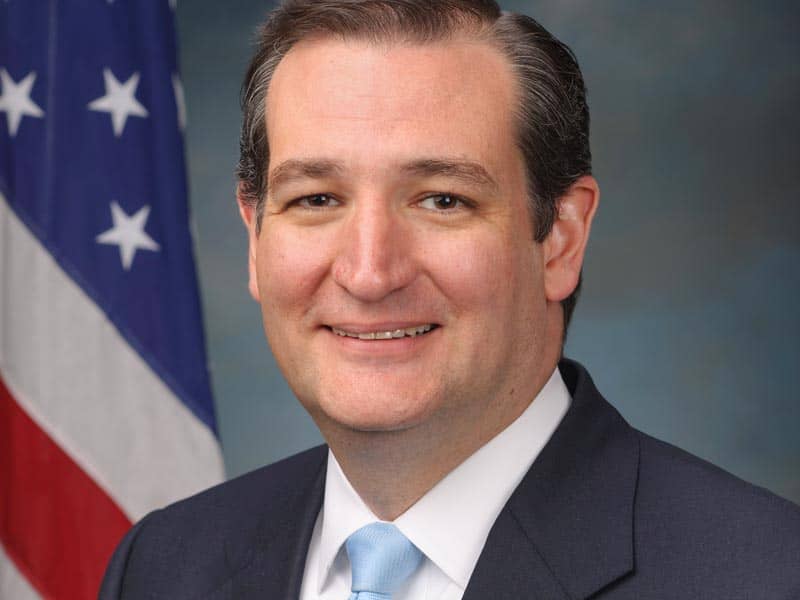Let me start with the good news for Democrats. 79% of the voters didn't say moral values were their top concern. The message about social issues was muddy: 63% of voters believed that gays should either be allowed to legally marry or form civil unions. 56% of those polled believed that abortion should be legal in all or most cases. And many religious voters went to Kerry: of voters who go to church "a few times a month," 53% voted for Kerry, 46% for Bush, according to that same exit poll. Finally, if it's any consolation, while it's true that Bush got more votes than any other Presidential victor in history--so did John Kerry. Population growth does that.
But it's also clear that "values voters" -- including many Catholics who voted for Gore last time but Bush this time -- helped drive the President's re-election. So the Democratic impulse to figure out the faith riddle is appropriate.
The first impulse is to have Democrats talk more, and better, about faith. The popular Democratic blogger "Daily Kos" writes: "We need to retake the language. We need to reframe the notion of 'value'. That's why Obama's speech below is so brilliant. He speaks of God in a way that not just fails to offend this atheist, but inspires me. It's faith used for the purpose of living a good life, rather than faith wielded as a weapon against a whole class of people."
Rabbi Michael Lerner argues that "liberals, trapped in a long-standing disdain for religion and tone-deaf to the spiritual needs that underlie the move to the Right, have been unable to engage these voters in a serious dialogue."
I agree that the Democrats need more effective God-talk. Though Kerry eventually became more comfortable talking about religion, even some his faith riffs unintentionally revealed his discomfort. During his convention speech, in which he spoke movingly about religion in his life, he also said "we welcome people of faith" into the party. He made it sound like his was a secular party that was nonetheless open to religious people. In fact, most rank-and-file Democrats, like most Americans, are religious.
Kerry's statement during the third debate that he couldn't impose his religious views on people sounded good until you thought about it for a few seconds: so he's be willing to impose policy positions if he arrived at them through secularly-driven reasons but not if his rationale came from his faith? The implication is that you could be against the war if your moral reasons came from watching Farenheit 9/11 but not if your moral reasons came from Catholic teaching.
Other liberals are saying that in addition to better religious rhetoric, Democrats have to organize faith communities more effectively. That's true, too. I remember thinking how quaint it was when the Democrats proudly announced this year that they were appointing a religious outreach director - when the entire Republican get-out-the-vote effort was a religious outreach campaign.
But let's be clear about something: this is not just about semantics or "get out the vote." When voters talked to the exit pollsters about the importance of "moral values" they meant conservative moral values. Raising taxes on the rich and calling that a moral matter is not going to work.
What John Kerry was missing was a set of issues that could appeal to cultural conservatives. Bill Clinton won two terms (and even a few red states) in large part because he combined his liberal economic views with conservative positions on welfare reform, crime, and national service.
What was Kerry's version of welfare reform? His willingness to shoot geese?
Despite ample room for it within his own characteristically nuanced position, he never came up with a positive anti-abortion agenda that fit within his pro-choice views. He could have said more affirmatively, "I will ban partial birth abortion and here's how."
While he voted against the partial birth abortion ban as Senator, he also voted for a ban on all abortions post-viability (after the second trimester). This would have prohibited most partial birth abortions - a much bigger number than was banned by Bush's partial birth abortion bans. But Kerry never talked about this position.
Perhaps in the years since that vote Kerry's pro-choice views have hardened and abortion wasn't the right issue to highlight. Maybe it was violence and sex on TV. Or maybe it was out of wedlock births. But to reach the mass of average voters, liberals need to articulate their focus on some issues that resonate with widespread concerns about the moral underpinnings of our society -- concerns that are not the exclusive province of religious conservatives. It's not just a matter of dressing up liberal ideas in Biblical clothing.
Whenever I'm asked how come there isn't a religious left I say, "actually there is: they're called African Americans." But if you look hard at black voters, they are quite different from many other parts of the Democratic coalition.
Many voters turned away from Kerry because they viewed him as on the wrong side of the culture war. He was never going to convince religious conservatives that he was one of them but he would have competed better if he had convinced centrist, traditional independents and Democrats that he, like Clinton, understood Americans' real fears and aspirations. If liberals want to learn how to connect with people of faith, they're going to have to do more than brush up on their scripture.

